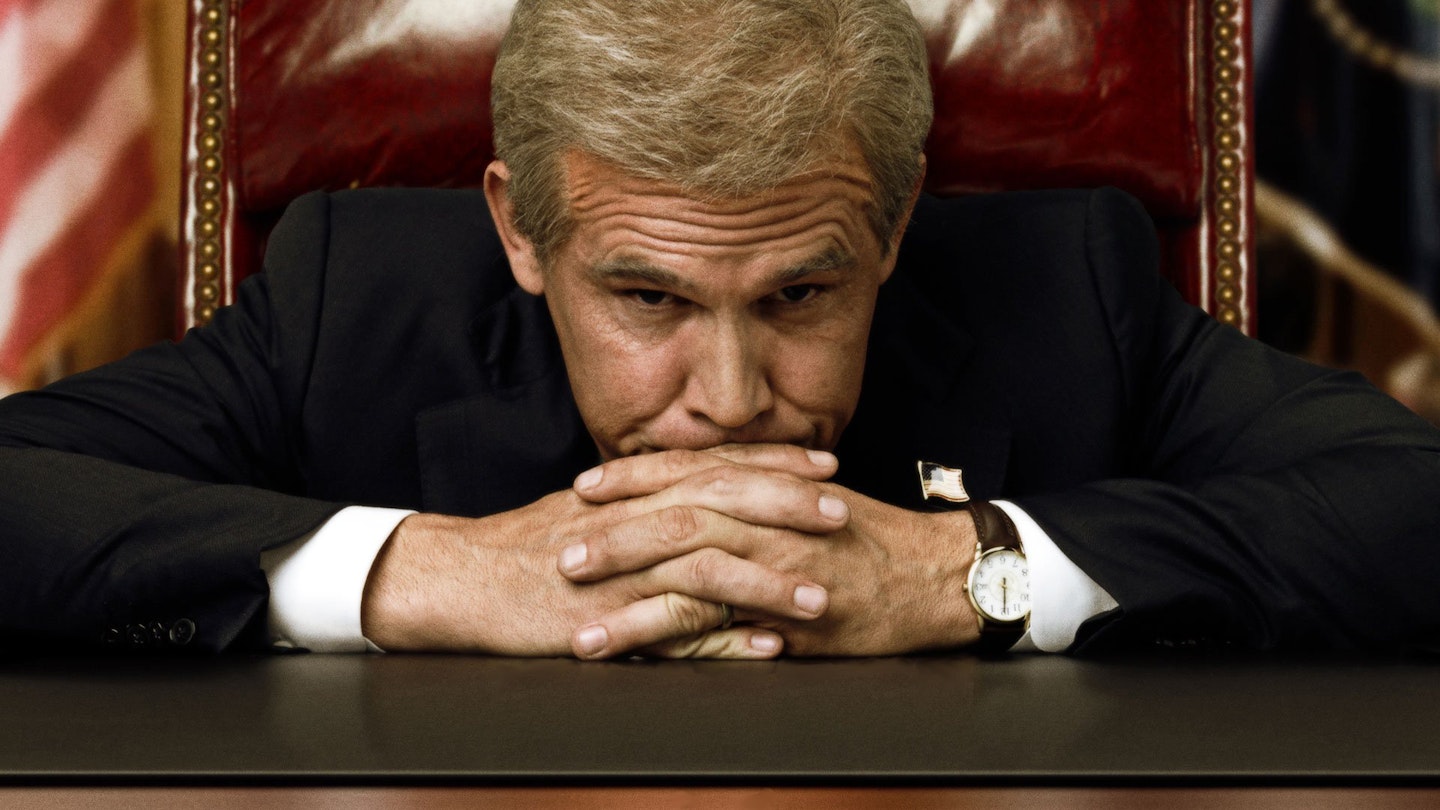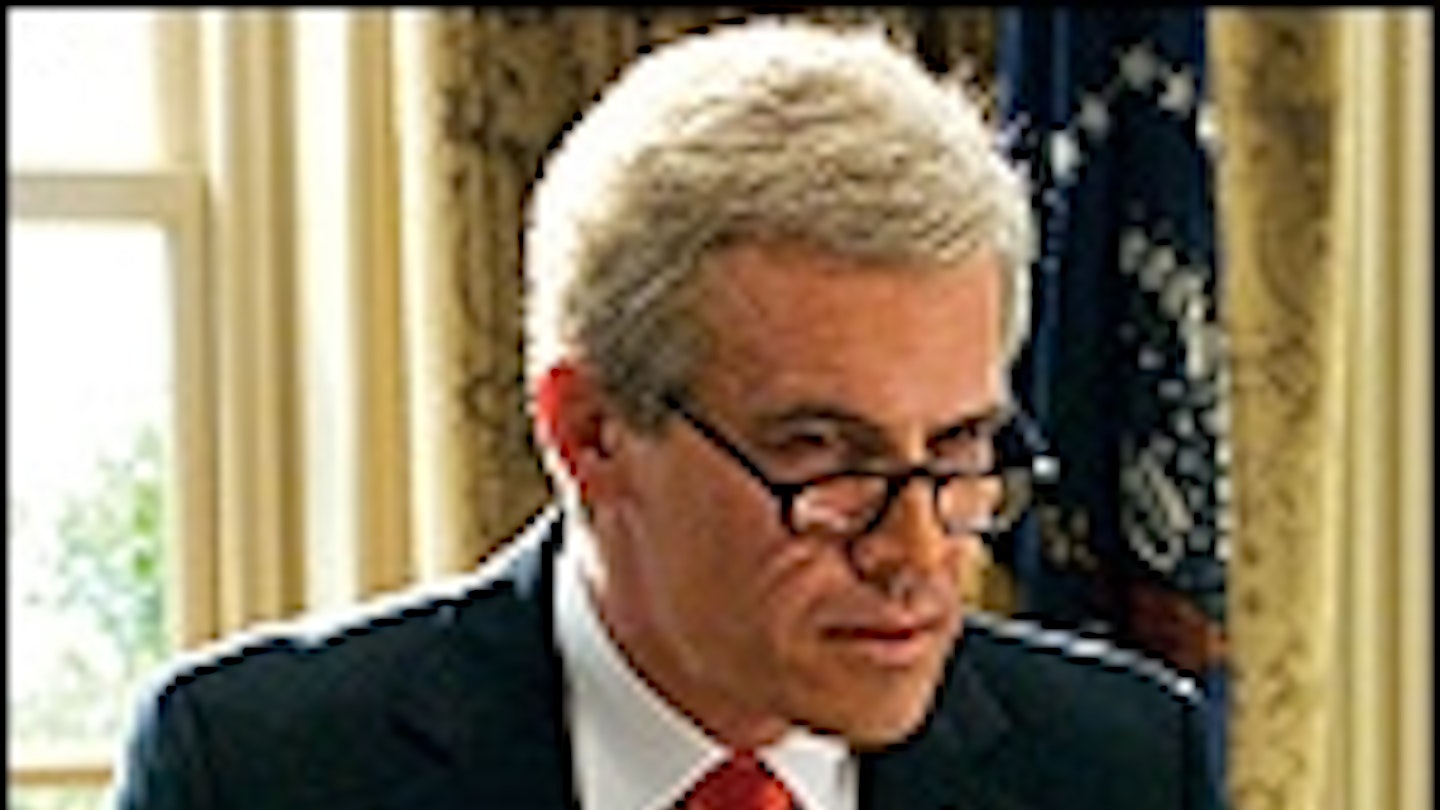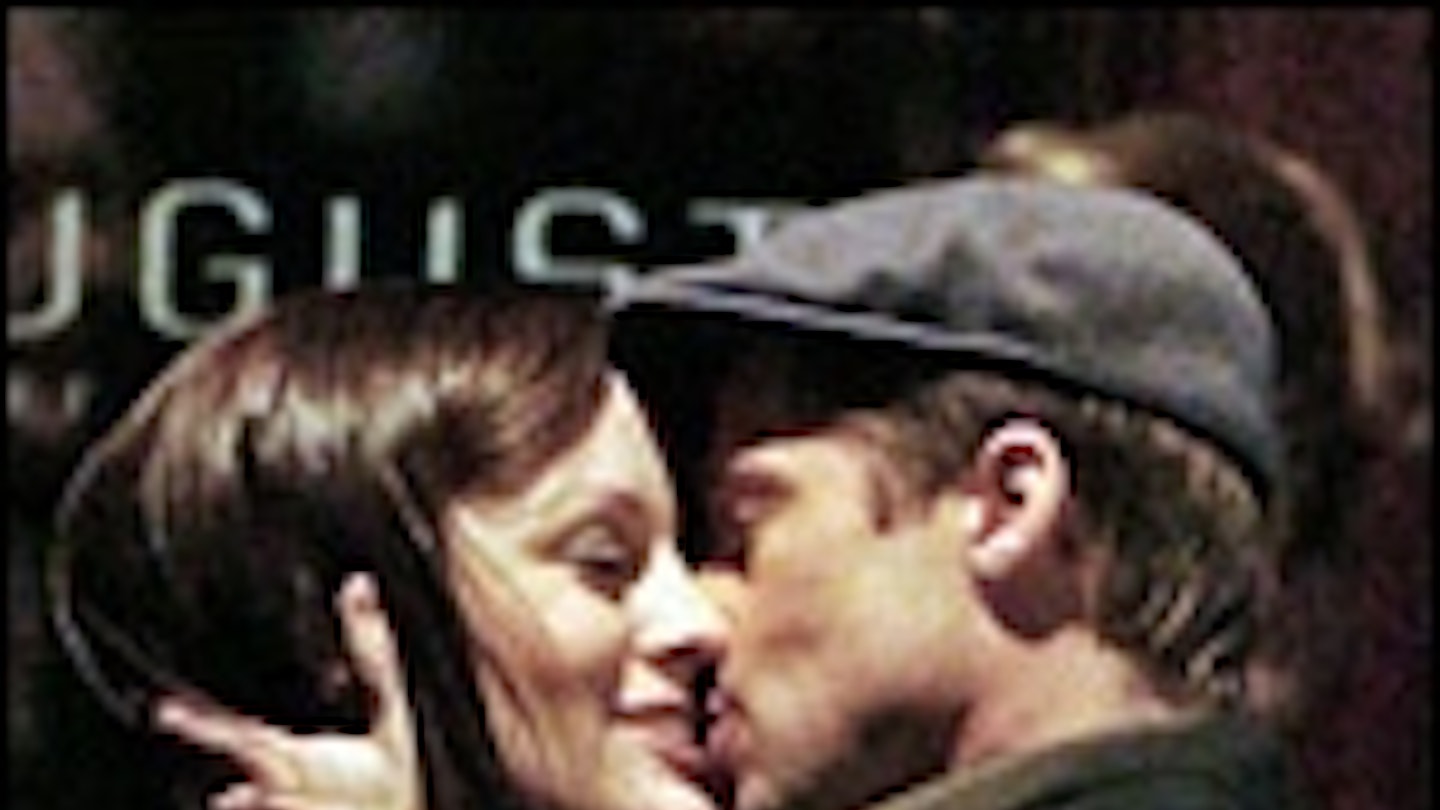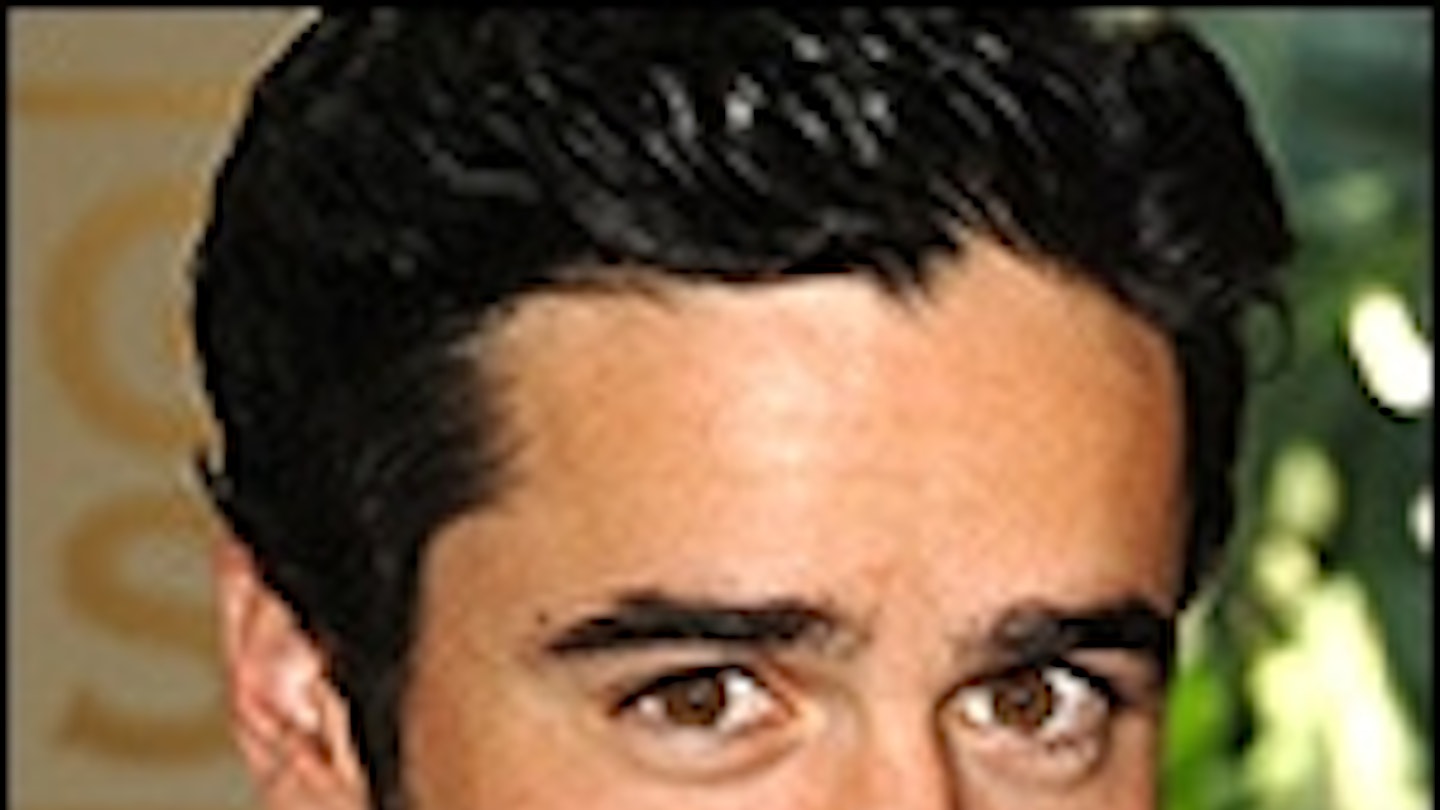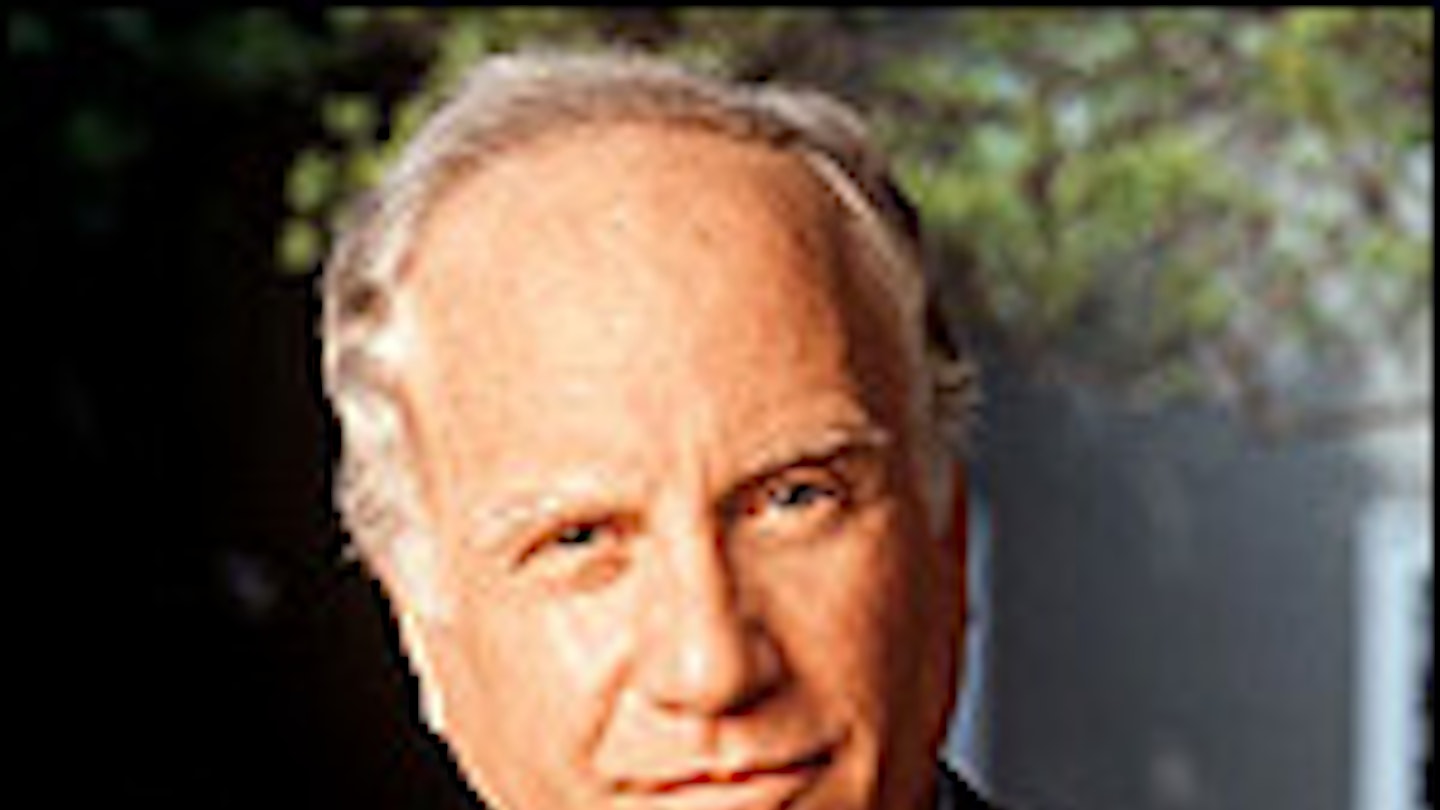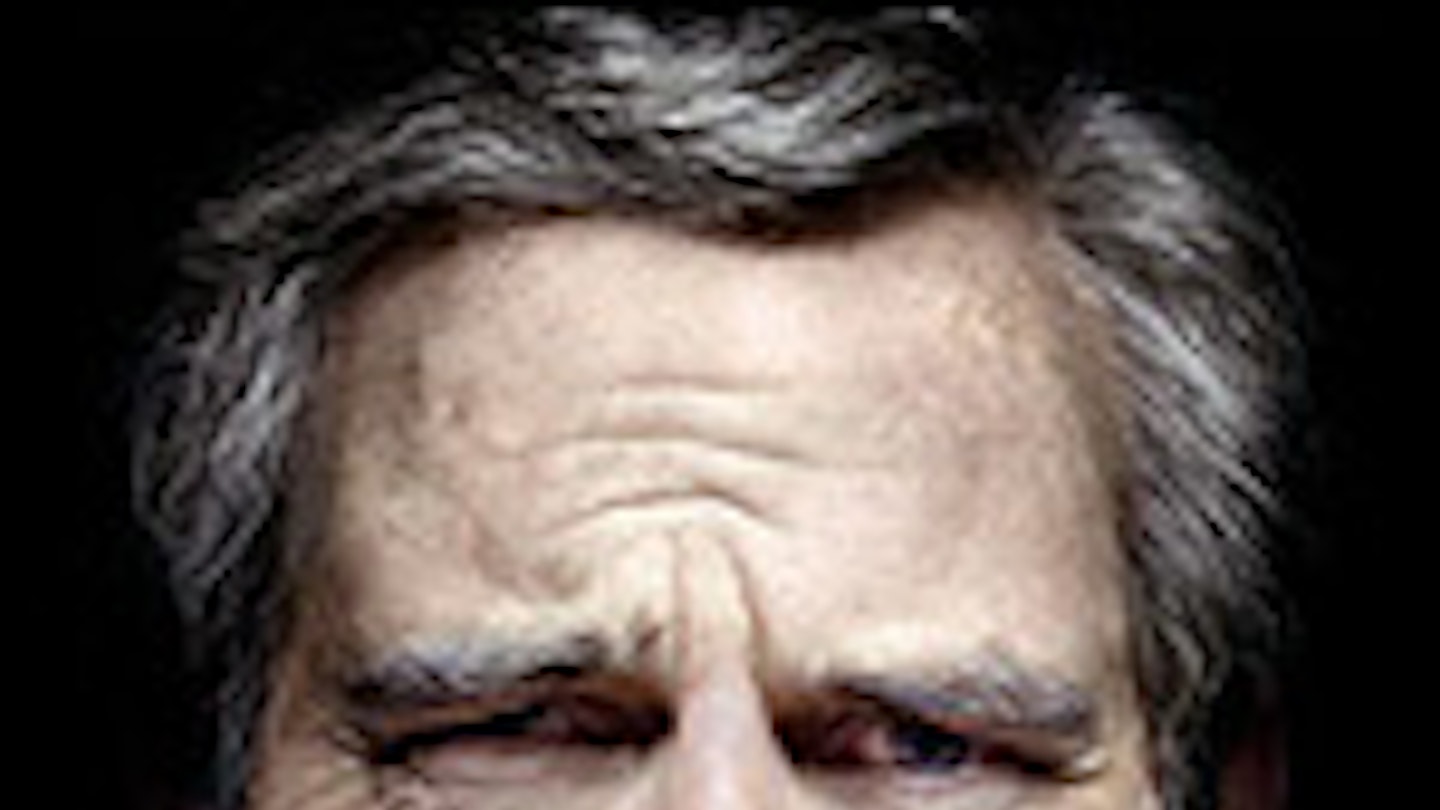You can imagine few directors better qualified than Oliver Stone to turn the life and crimes of George W. Bush — Texan, Christian, master of the malapropism and least popular Prez since Nixon — into compelling cinema. His Nixon was a towering, glowering portrait of absolute power corrupting; his JFK an entertainingly hysterical lament at American innocence discarded. If Stone can’t do Dubya, then surely no-one can.
Well, it seems, no-one can.
The chief problem with W. is that it’s neither fish nor fowl. It’s not a satire. It’s not a docudrama. It’s not a biopic. It neither demonises nor lionises. There are no big revelations, no big laughs (just chuckles at Bush’s bloopers and a tinge of dark irony). To paraphrase Spinal Tap’s Derek Smalls, it’s neither fire, nor ice, but somewhere inbetween: warm water. Isn’t that the precisely last thing you’d expect from Oliver Stone?
His intentions, at least, are noble. He’s not out to crucify Bush Jr., evidently believing the man’s already nailed himself adroitly enough. And he’s not out to excuse him. Rather, Stone is looking for what explains Dubya. Bush isn’t the good guy (that’d be Colin Powell) or the bad guy (that’d be Dick Cheney), just the wrong guy. The wrong guy in the wrong job at the worst imaginable time. How could this happen? Why would a former fratboy whose dream was to own a baseball team even want to run the free world?
To answer this, the narrative moves from 2002 back to various points in Bush’s past. So we shift, for example, from a rather cheesy scene in which Bush and his boys brainstorm-up the phrase “axis of evil” in a manner reminiscent of Jim Morrison and co. finding the killer opening bars of Light My Fire in Stone’s The Doors, to Bush in 1966 during a Yale hazing ceremony (is it any wonder he let Dick Cheney get away with torture?), via Bush basking in imaginary applause from vacant bleachers. This frantic segueing characterises the entire piece: we jump forward and back, into and out of Dubya’s dreams and imaginings, hopping from episodic stepping-stone to stepping-stone as history rushes past.
And it really does rush past; Bush’s controversial seizing of power, 9/11 itself, his dad’s election, even the moment of his victory taking the governorship of Texas: all are bypassed here. Stone clearly wants to look at the moments between the momentous events, yet W. feels like it’s missing something.
It wouldn’t have been so bad if Stone had come to a more intriguing conclusion than Dubya being driven by daddy issues. We see Junior confronting Poppy, being dressed down by Poppy, being bailed out by Poppy, being made to feel that he’s inferior to his brother Jeb by Poppy, and determining that he’s gonna show his Poppy he can do a better job as President, and prove himself worthy of the Bush name.
Despite a superb performance from Josh Brolin as Dubya — credit to the man for avoiding tic-for-tic mimicry and crafting a performance rather than an impersonation — this all rather smacks of daytime soap. (It also doesn’t help that James Cromwell never quite convinces as Bush Sr: there’s a physical similiarity, but it’s all about the voice; Daddy Bush talks like Ned Flanders, not like a gruff beat cop.) Elsewhere, we’re left wondering what precisely motivated Dubya to be born again (surely it was more than a really bad hangover), what drove his relationship with Laura (Elizabeth Banks), how he fell in with his ‘brain’ Karl Rove (Toby Jones), and what he must have been thinking on September 11.
The film is hardly disastrous, but it’s strange feeling unmoved by an Oliver Stone picture. It’s no secret that the production was rushed, and this perhaps goes someway to explain its scattershot construction. Beyond this, you just wish Stone would take a side. As it is, he winds up floundering on very unfamiliar ground: the middle of the road.
